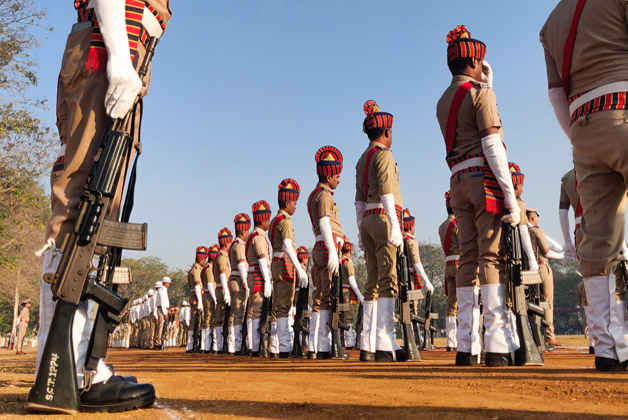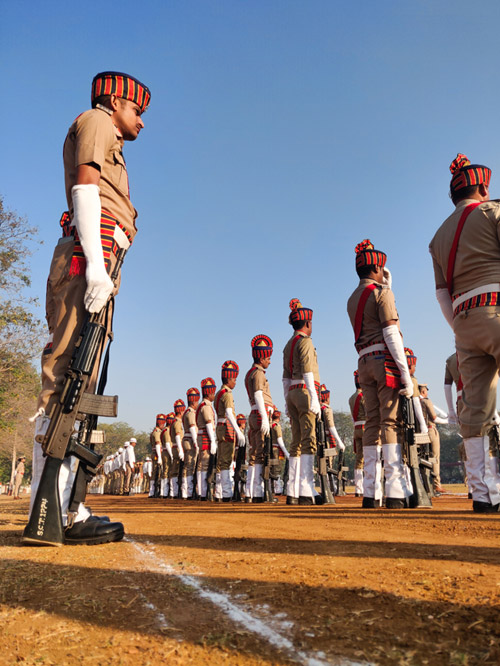

Police forces in India primarily function under the colonial Police Act of 1861. The Act of 1861 was a law enacted to make a formidable police force that would quell any repeat of one of the first wars of Indian Independence. Today, more than 160 years after that Act, and 75 years after the Indian Republic, "We the people" have failed to give ourselves Police that is obligated to work for 'Us, the taxpayers'. The Police that we think are to protect us, the citizens and the taxpayers, lay their allegiance by law to power, and not the citizen who funds them. With the police in Delhi, UP and even in Tamil Nadu, failing to protect common citizens and often seen as being responsible or encounter deaths, custodial killings and torture, it is not surprising that most analyst now think India has indeed become a Police state.
The Indian Police is not arguably obligated to serve the citizen. This is the preamble to the mother of almost all state police acts of India "Whereas it is expedient to reorganise the police and to make it a more efficient instrument for the prevention and detection of crime". It is an instrument to quell crime (in the time-place-and-language of the day of the consecration of this all-pervading Act, crime meant a colonial subject’s disobedience to the imperial masters, for freedom). The Police are obligated to quell individual and group freedom in acting as a cog in the wheel of those in power. According to the Act under which police functions, the Police is not really obligated to work under the constitution. After all, it predates the constitution by over 75 years.
A police state, in principle, is where the protection force works not for the people but for a power that is beyond the people and has no responsibility to the citizens of the state. The litmus test of police allegiance starts from the time of the emergency in independent India. During that decade, the force, an executive function of the government, showed not their allegiance to the constitution or the people. They implemented what the legislature dictated. As taught in high school, the Indian democracy is not a balanced three-legged table of the legislature, the executive and the judiciary, with equal power and checks and balances that stands on the will of the people. It is according to many sceptics, a limping one-legged table with two straws of an executive and a judiciary that usually does a fine-balancing-act of 'whatever it takes' so that the government/nation does not collapse. The courts themselves have called the forces and security agencies the 'caged parrots of the legislative masters'.
Read more at: https://www.siasat.com/is-india-a-police-state-or-becoming-one-1961033/
